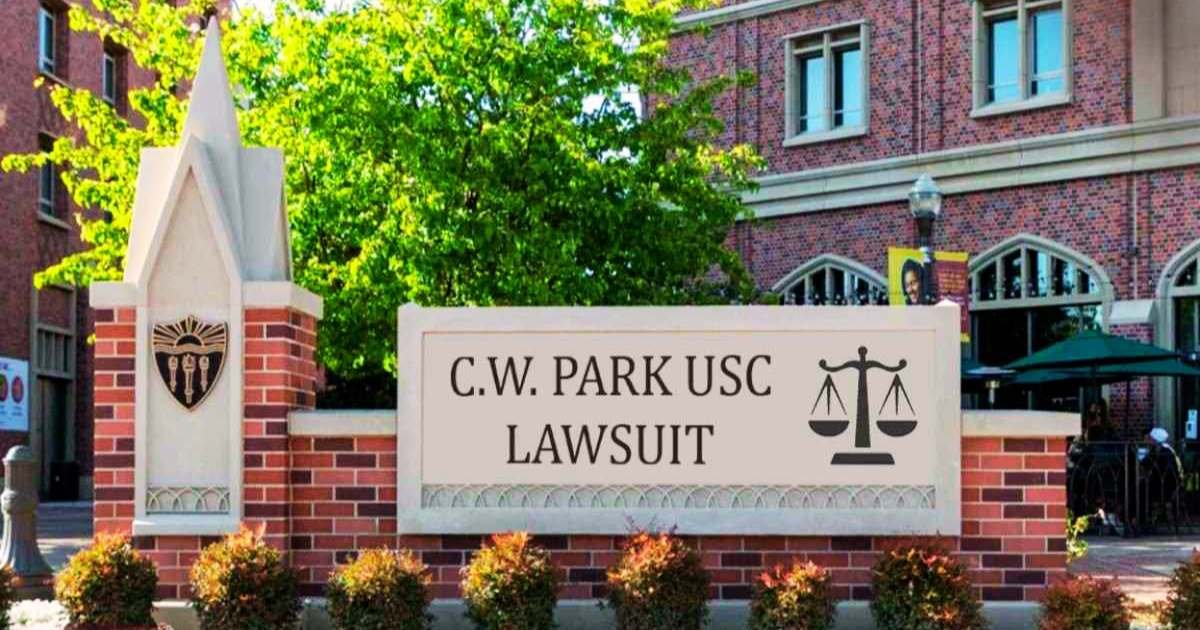Introduction:
Dr. Choong Whan Park (C.W. Park) was a highly regarded marketing professor at USC’s Marshall School c.w. park usc lawsuit of Business. He joined the faculty in 2013, bringing a wealth of experience and expertise in consumer behavior and marketing research.
The Lawsuit’s Allegations:
Dr. Park’s lawsuit against USC, filed in 2023, centered around three main claims:
- Academic Misconduct: Dr. Park alleged that colleagues engaged in unethical research practices, including data manipulation, intellectual property theft, and sabotage of his research projects. These accusations struck at the core of academic integrity and raised concerns about the university’s oversight mechanisms.
- Discrimination: Dr. Park further claimed that he faced discrimination based on his national origin. He alleged that colleagues ostracized him and denied him equal opportunities within the department.
- Retaliation: The lawsuit also stated that Dr. Park was retaliated against after reporting the alleged misconduct. He claimed that the university took steps to discredit him and limit his research activities.
Impact of the Lawsuit:
The C.W. Park lawsuit had a significant impact on both USC and the academic community at large. Here’s a breakdown of the effects of c.w. park usc lawsuit.
- Damage to USC’s Reputation: The allegations cast a shadow over USC’s Marshall School of Business and the university as a whole. It raised questions about the institution’s commitment to academic integrity and its ability to foster a fair and inclusive environment.
- Scrutiny of Research Practices: The lawsuit sparked a wider conversation about research ethics in universities. It highlighted the need for robust procedures to prevent misconduct and ensure the credibility of academic findings.
- Increased Student and Faculty Concerns: The case raised concerns among students and faculty about the potential for bias and mistreatment within academic institutions. It underscored the importance of fostering a culture of respect and open communication.
Current Status
As of May 2024, there is no public information regarding the outcome of the C.W. Park lawsuit. Legal proceedings can be lengthy and complex, and details often remain confidential.
Lingering Questions
The C.W. Park lawsuit has left several unanswered questions:
- Did USC adequately address the alleged misconduct? c.w. park usc lawsuit concerns about USC’s handling of the situation. Did the university take appropriate steps to investigate Dr. Park’s claims and address any wrongdoing?
- What safeguards are in place to prevent future misconduct? The case highlights the need for universities to strengthen their research oversight procedures and implement robust anti-discrimination policies.
- How can trust be restored within the academic community? Regaining the trust of students, faculty, and the public requires transparency, accountability, and a commitment to upholding academic integrity.
Looking Forward:
The C.W. Park lawsuit serves as a cautionary tale for universities nationwide. It emphasizes the importance of fostering an environment that prioritizes ethical research practices, inclusivity, and the fair treatment of all faculty members. Only through a commitment to these values can universities ensure the integrity of their academic pursuits and the well-being of their communities.
FAQs:
- What is academic misconduct? Academic misconduct refers to any unethical behavior related to research or scholarship. Examples include plagiarism, data fabrication, and authorship disputes.
- What is discrimination in an academic setting? Discrimination in an academic setting occurs when someone is treated unfairly based on their race, ethnicity, nationality, gender, or other protected characteristics. This can manifest in biased treatment, unequal opportunities, or a hostile work environment.
- What is retaliation? Retaliation occurs when someone is punished or disadvantaged for reporting wrongdoing or suspected wrongdoing. In the context of the C.W. Park lawsuit, it refers to the alleged actions taken against Dr. Park after he reported misconduct by colleagues.
Conclusion
The C.W. Park lawsuit exposed serious issues within USC’s Marshall School of Business. While the legal proceedings continue, the case serves as a stark reminder of the importance of upholding academic integrity and creating a fair and inclusive environment for all. Only by addressing these concerns can universities rebuild trust and ensure the quality and credibility of their academic endeavors.
